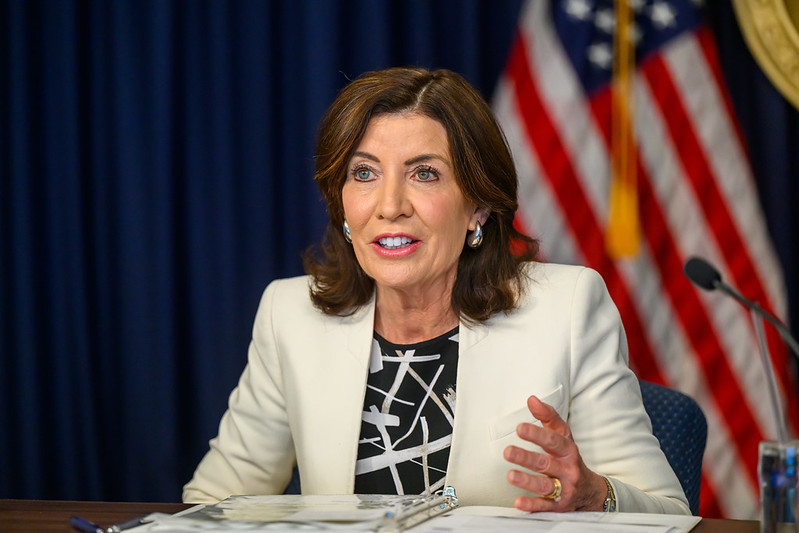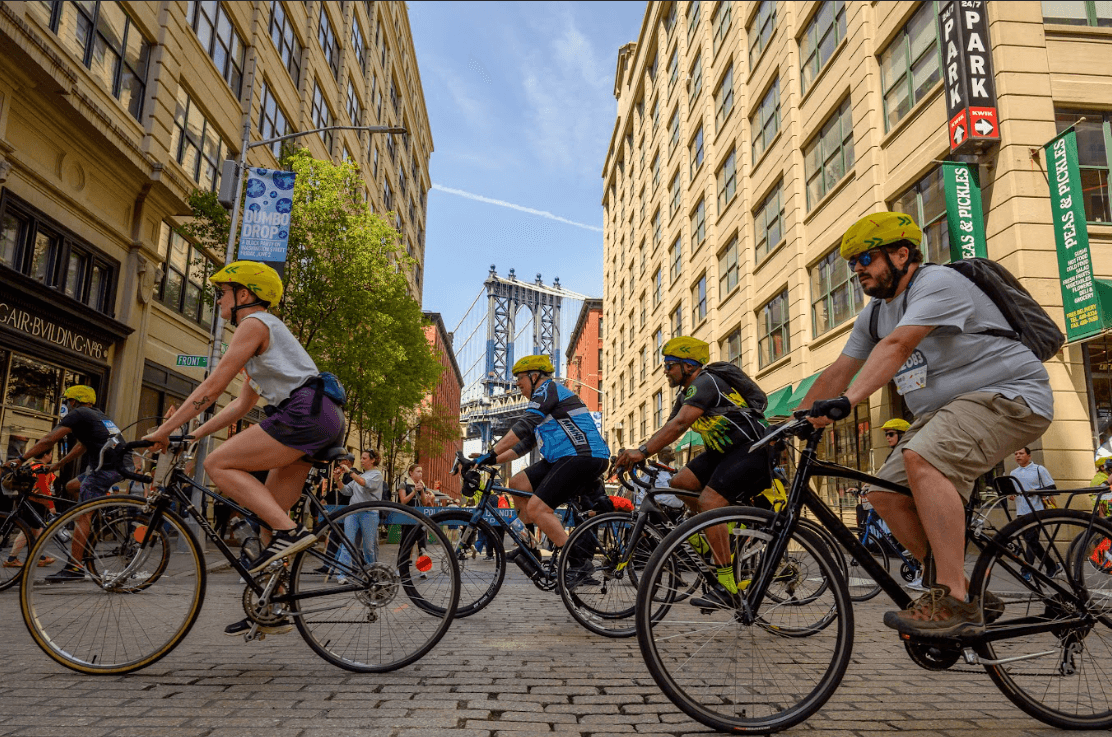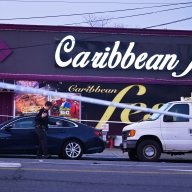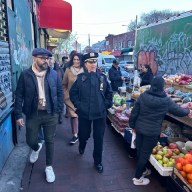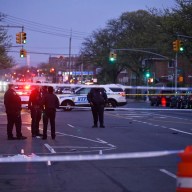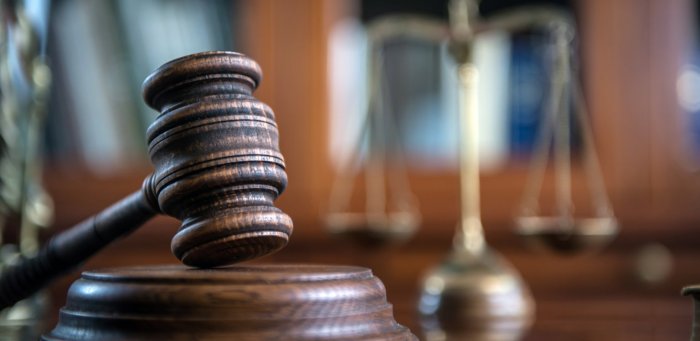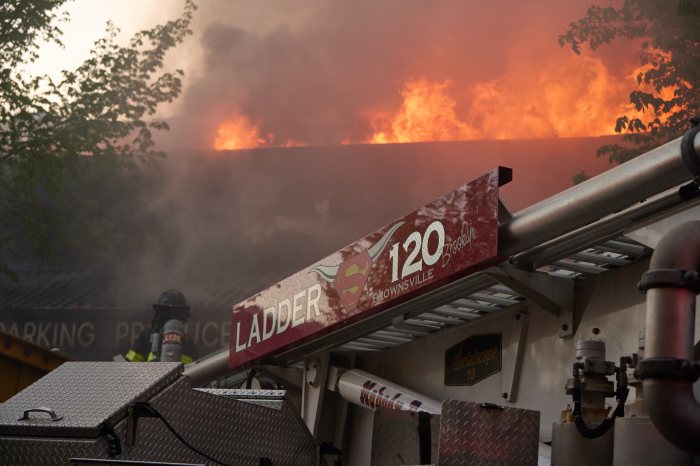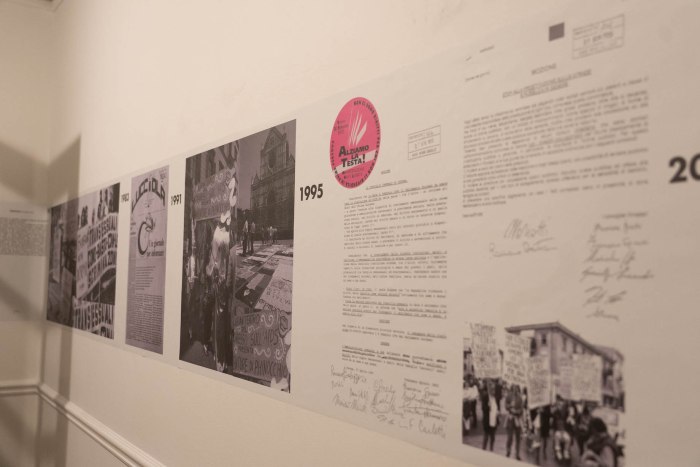Two New York City legislative bodies voted in favor Monday of a $2.7-billion relief package that will help avert Mayor Michael Bloombergs "doomsday budget," while imposing on New Yorkers the biggest tax increase in city history.
City Council voted overwhelmingly, 46-3, in favor of the package pieced together last week by the mayor and state legislators who acted without support from Governor George Pataki. (The governor said he will veto at least the states portion of proposed tax hikes.) The Assembly approved the package, 111-39.
Queens representatives weighed in for and against the relief package that should prevent most of the doomsday plans harshest featuresup to 40 shuttered firehouses, 14,500 layoffs, greatly reduced sanitation services, a severe attrition of the police forcebut leaves the status of eight Queens firehouses, city zoos, senior centers and libraries still in limbo.
"It wasnt a great package, and I didnt embrace it wholeheartedly," said Councilman Joseph Addabbo, referring to the "all or nothing" plan with good and bad points. Addabbo approved of state funding but disapproved of tax increases.
"Heres the state giving us the right to tax our own people," Addabbo said. "But it was their only response, and there was no other reasonable, immediate way in the control of City Council. Its a necessary evil."
"Unfortunately, it was Albanys way or no way," said Councilman Peter Vallone Jr., who also voted assent.
Many members said they would vote for the increases as the bestif not onlyway of helping to bridge the city’s $3.8 billion budget deficit.
According to Addabbo, the state assumes in the agreement $500 million of the citys annual debt. It will restore $15 million to teacher programs and provide $74 million in general aid.
In the coming weeks, the Council will decide where the restored funding will go.
"The real challenge lies ahead of us," said Addabbo. "We have to see if we can save the libraries, zoos, senior centers and firehouses."
Councilman Dennis Gallagher voted against the plan. "This was billed as a Save New York package," he said. "If you are going to save us, you shouldnt continue to overburden us."
Gallagher referred to last years property tax hike to 18.5%, the increase in parking violations from $55 to $105 and to other increases voted in Monday: the Water Board voted water rates up 5.5 percent; the Rent Guidelines Board voted to raise rents on one- and two-year leases by 5.5 percent and 8.5 percent.
"Its not that I disagree with the money we are getting," Gallagher said. "I just disagree with how we are getting it. This is not help from New York State. We are entitled to a lot more from them. Each year we send billions of dollars more to the state than we get back."
"And we were promised aid by Governor Pataki after 9/11," said Vallone. "But the state was just crying crocodile tears. We still have received nothing."
Included in the relief package is a temporary state sales tax increase from 4 percent to 4.25 percent and a temporary city sales tax hike from 4.25 percent to 4.375 percent. In the end, the combined sales tax increase for the city would be from 8.25 percent to 8.63 percent. Both increases would be gradually phased out over a two-year period.
Also included is a temporary income tax surcharge on affluent single and married New Yorkers. The top tax rate would rise from 3.65 percent to 4.25 percent for city singles whose net taxable income is above $100,000, for heads of households who earn over $125,000 and for married couples who make more than $150,000.
Like the sales tax increases, the income tax hikes would be phased out over time, decreasing from 4.25 percent to 4.175 percent in 2004, to 4.05 percent in 2005, and returning to 3.65 percent by 2006.
The tax rate for city residents who earn over $500,000 would rise from 3.65 percent to 4.45 percent and remain at 4.45 percent until 1996.
The personal income tax surcharge can be claimed as a deduction on federal income tax returns, said Addabbo.
For many New Yorkers, word of the tax increase was harder to swallow, coming the same weekend that the MTA raised basic transit fares by 50 cents, the first hike in eight years and the largest fare increase in city history.
Ticket prices on the Long Island Rail Road and Metro North trains also increased, by 25 percent.
Toll hikes on MTA-operated river crossings like the Midtown and Brooklyn Battery Tunnels and Verrazano and Triborough Bridges, are scheduled to begin May 18.
Bloomberg hopes to generate $3.4 million annually by eliminating free Sunday parking at the citys 19,500 meters.
Annual fees at city pools will go up $50, as will fees at city tennis courts. State parks will implement new hiking fees.
Tuition will be raised at CUNY and SUNY for the coming school year.
"And we still have to cut a billion dollars within city government," said Addabbo. The Council is looking at reduction of large ticket capital spending and attrition of the citys workforce.
"Unfortunately, there will still be [cuts]," said Assemblywoman Margaret Markey, who also voted for the package. "Not all programs will be fully restored, but that is the reality of a [budget crisis]."









